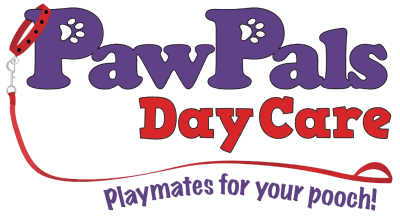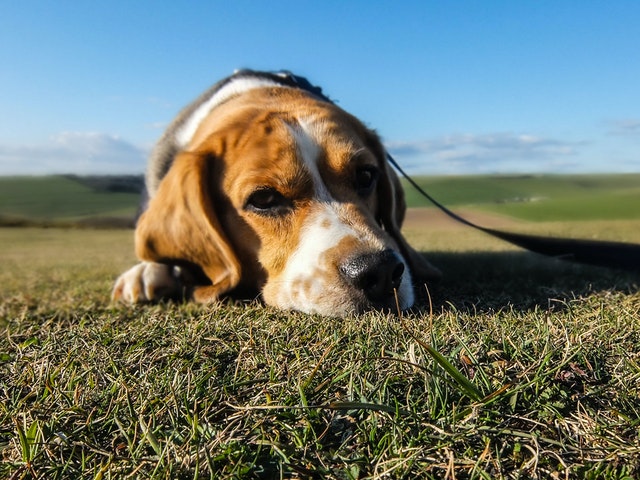Does the thought of taking your dog on a walk at peak path hour give you a headache? An antisocial dog is stressful for both parties and is ultimately holding them back from developmental milestones.
You love your dog, no matter what their temperament. Plus, it’s not their fault; a dog’s antisocial behaviour is a result of how they were raised or a traumatic experience in their life. As their carer, it’s our responsibility to support and try to combat their antisocial behaviours. This will not only improve their quality of life but yours too!
How do puppies learn socialisation?
Pup socialisation begins from birth as their mother will teach them what they can and cannot do while correcting them accordingly. As they grow up, they know their position in the pack and respect those in higher authority. This is how dogs are supposed to be raised, and of course, human intervention will impact these developmental stages.
When puppies are adopted very young, as early as twelve weeks, they often haven’t had enough time spent with their mother or pack to learn monumental rules for socialisation. But as their loving owners, we can develop new rules for them to follow and be their pack. They just need to know their place in the world.
Guide to Adult Dog Socialisation
Use up their energy
When met by other dogs, does your pup become the aggressor? Aggression between dogs is often caused by pent-up energy. The best time for you to walk your dog is in the morning, as their tanks have refuelled overnight. Before heading out where you know you’ll meet other dogs, try throwing a ball or frisbee with them first or engaging in play before you grab the lead.
When they are frantic on the lead…
When your dog comes snout to snout with a stranger, stay calm no matter how loud or energetic your dog may be. Don’t pull frantically on the lead or yell at them; this can be interpreted by your dog as aggression towards the other dog and further fuel their idea of the threat. Try your best to walk away calmly. Keep a supply of treats with you on walks to reward good behaviour.
Playdates
If your dog is the only dog in the family, they are simply limited in their dog to dog social skills. From an early age puppy play dates are essential with another trusted dog. When introducing dogs for the first time, it’s a good idea not to have them confined within the home. Once they become more acquainted and used up some energy outside, you can move indoors. When indoors, keep toys and food out of the situation in case of an altercation breaking out.
As you would with your children, ensure your pup is supervised during this socialisation! We have to be there for our four-legged BFFs to interject when they are uncomfortable. You should also be monitoring their progress over time to see what is working and what isn’t so supervision is vital. With enough time and care, you can combat your dog’s antisocial behaviours.
Please reach out to us if you are in need of any more guidance!

